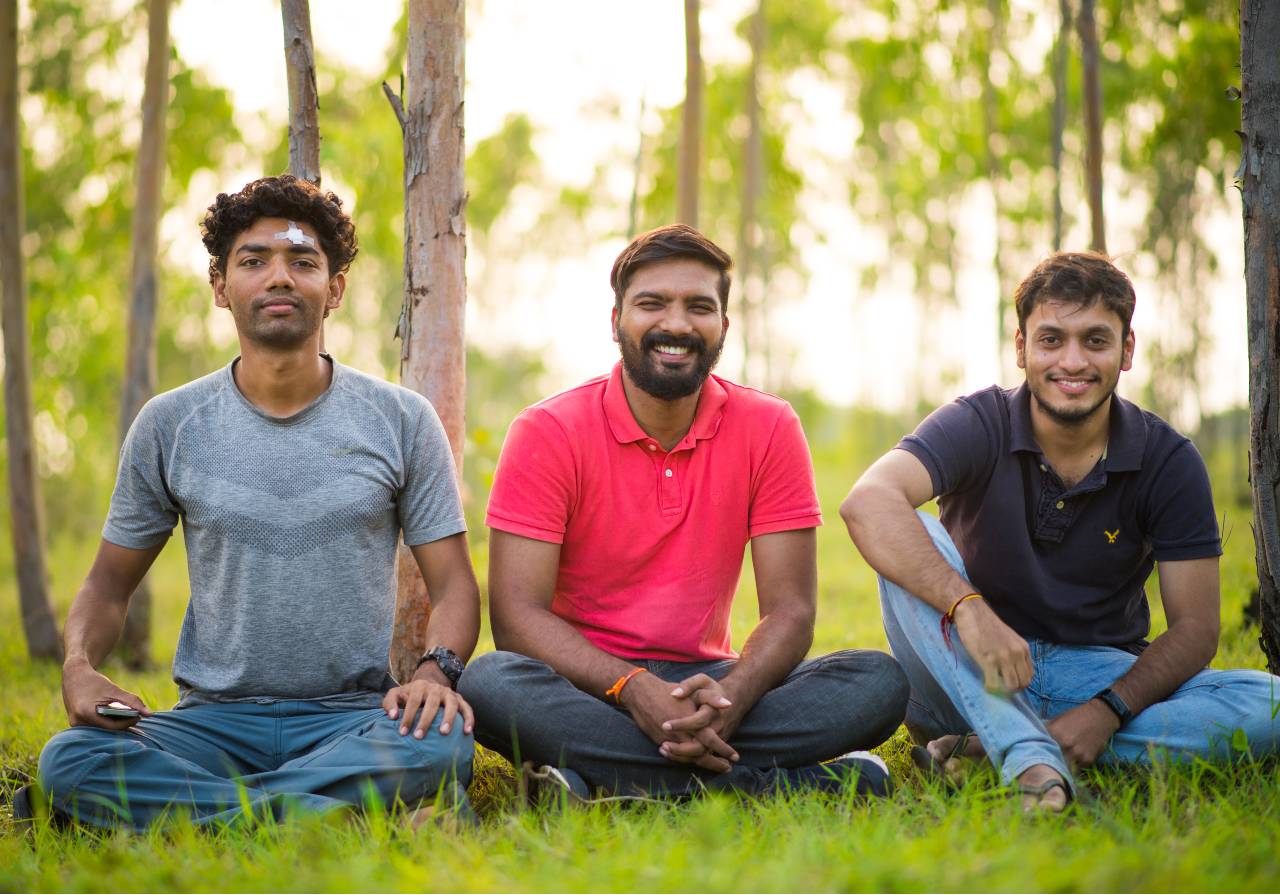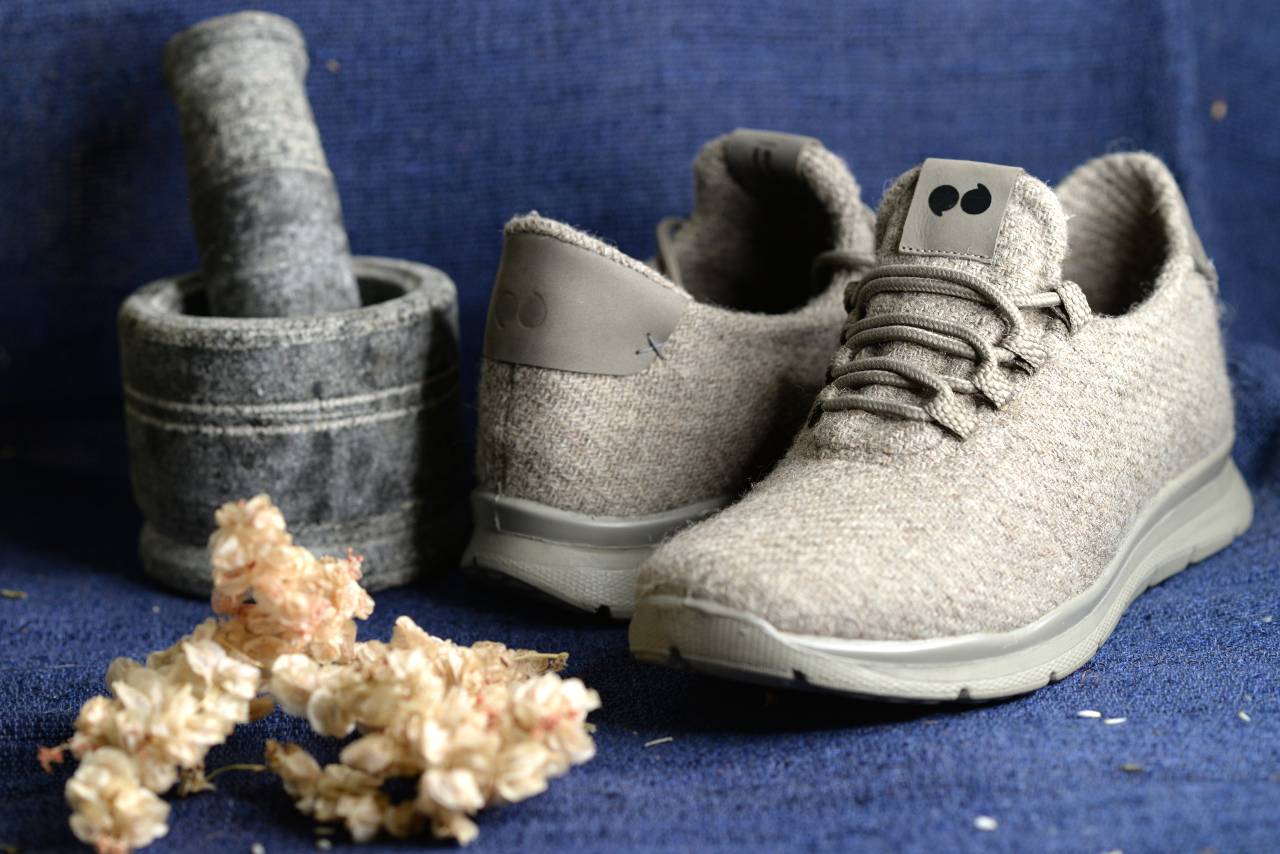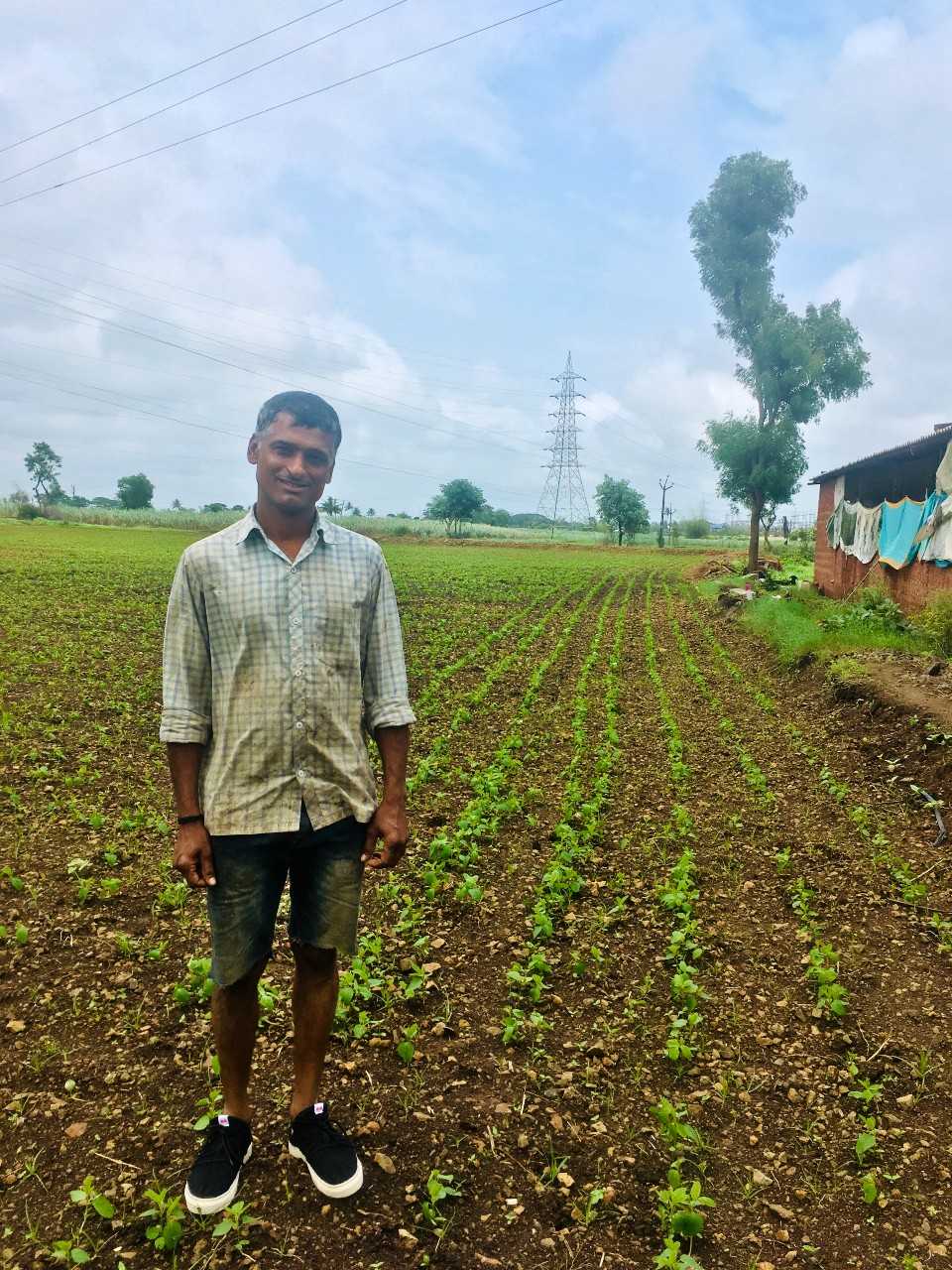In April 2018, three graduates of the National Institute of Design (NID) Ahmedabad set out to two villages named Wathar and Nanded in Maharashtra. Nakul Lathkar (30), Vidyadhar Bahndare (31) and Santosh Kocherlakota (31) decided to spend six months among rural farmers and live the same routine as them to understand the hardships the community faced.
“We chose Nanded and Wathar because those areas experience extreme climatic conditions. Nakul and Vidyadhar had relatives who were willing to host us there for a few months. We did this after our graduation so that we could understand ground-level problems and innovate user-friendly solutions,” says Santosh.
The trio would wake up early in the morning, go to the fields with the farmers, and observe the work they did. By the end of their stay, the team had identified 20 different problems, including insufficient water supply and poor storage facilities, among others.

Finally, they narrowed it down to five major problems which they felt were unaddressed and started working on a solution for the first one — footwear for farmers.
“During those six months, we spoke to several farmers and noticed one common problem — none of them had appropriate footwear. While working under the hot sun, or in a sloshy field, all the farmers walked barefoot. This not only caused deep cracks in their feet but also made them prone to fungal infections and snake bites,” Santosh, tells The Better India.
In 2019, they launched a company named Earthen Tunes headquartered in Hyderabad. So far, they have provided 30 farmers with comfortable shoes, and are in the process of making 1,000 more.
Weaving a comfortable solution
On further probing the issue, the trio understood that footwear available in the market were not suitable for farmers in those areas. There exist some leather-based solutions such as gumboots, but they are not suitable for all weather conditions.
“Most of the solutions available in the market are designed for urban farmers. Gumboots, the most prevalent solution, are not comfortable for rural farmers because they need to be worn over pants. Even if there are shoes suitable for farmers in rural areas, they are not durable,” says Santosh.
The farmers needed shoes that would be comfortable on dry land as well as in slush, and those that would keep their feet cool in summers and warm in winters. Another important factor the team had to consider was to ensure the product was budget-friendly.
So, they travelled to various states across the country including Kerala and Karnataka trying to find a natural material to stitch shoes with. During initial trials, they tested 20 types of natural fibres including banana and water hyacinth. However, those were failures owing to different reasons.
“By the end of 2018, when we were looking for desi fibres at a village near Hyderabad, we came across Deccani wool. This is used to make thick blankets or ghongadi. Apart from being a versatile material, it is also suitable to varying climates because the wool becomes thicker or thinner according to its surroundings,” says Santosh.
After finalising on the material, the trio again found themselves at a dead-end because no weavers were willing to spend time to make a shoe, nor were there shoemakers willing to work with this material.
So Nakul used his expertise in crocheting to make a basic prototype. With that design, they were able to approach shoemakers at Ambur, Tamil Nadu who agreed to make the shoes.
“Instead of weaving wool from scratch, which is a time-consuming process, we sourced woollen blankets made by a pastoral community from a village in Karnataka,” Santosh says.
Incubation at IIT-Madras
In April 2019, the trio applied for incubation at the Indian Institute of Technology, Madras.
“We were offered pre-incubation for three months. During this period, we had to prove that our product was market-worthy. So, we had 30 pairs made with desi wool along with rubber soles,” says Santosh, adding that the wool has a double weave which prevents sand or tiny rocks from penetrating.

The material is water-resistant, however, with continued exposure to water, it will get drenched. All these factors were tested at the Central Leather Research Institute (CLRI), Chennai.
Once the shoe was approved, it was taken to Wathar to be sold. On seeing the shoes, farmers immediately identified the material and were keen on owning a pair. Each was sold at Rs 300 but discounts were given if a farmer could not afford it. Once all the shoes were sold out, the trio waited for five months and collected feedback from the farmers.

Swapnil Mhetre, a 29-year-old farmer from Baramati, Maharashtra claims that the shoes have outperformed other products in the market.
He says, “I used it for a few months in 2019 on my sugarcane and pomegranate farm. I wore it in all conditions — when my land was dry, as well as after irrigation when the soil was muddy and wet. Usually, shoes will sink in this kind of mud, and slip out while trying to release the feet.
But, these shoes provided a good grip because of the lace. Moreover, they look trendy and can be worn casually for a short trip to the market too.”
However, Swapnil and some other farmers who tried the shoes said that the sole and shoes would tear after a few months of usage.
“To address this, we have found an alternative solution. Use of wool blend (a mix of wool and plastic) instead of pure wool which provides firmness, and a better adhesive to hold the sole and shoe together” says Santosh, adding that they are in the process of getting 1,000 pairs made from a manufacturer in Agra, New Delhi.
Apart from this, on seeing their successful sale, Earthen Tunes received Rs 10 lakh from IIT-Madras to take their project further.
“We will be launching the shoes once the COVID-19 lockdown and restrictions have been eased. Two models are being released — one for the farmers which is made from a wool blend, and another is a casual shoe for urban consumers. It is made with wool sourced from Uttrakhand,” says Santosh.
The team is also developing shoes that would offer protection from snake bites.
If you wish to know more, you can visit their website.
(With inputs from Himanshu Nitnaware.)
No comments:
Post a Comment